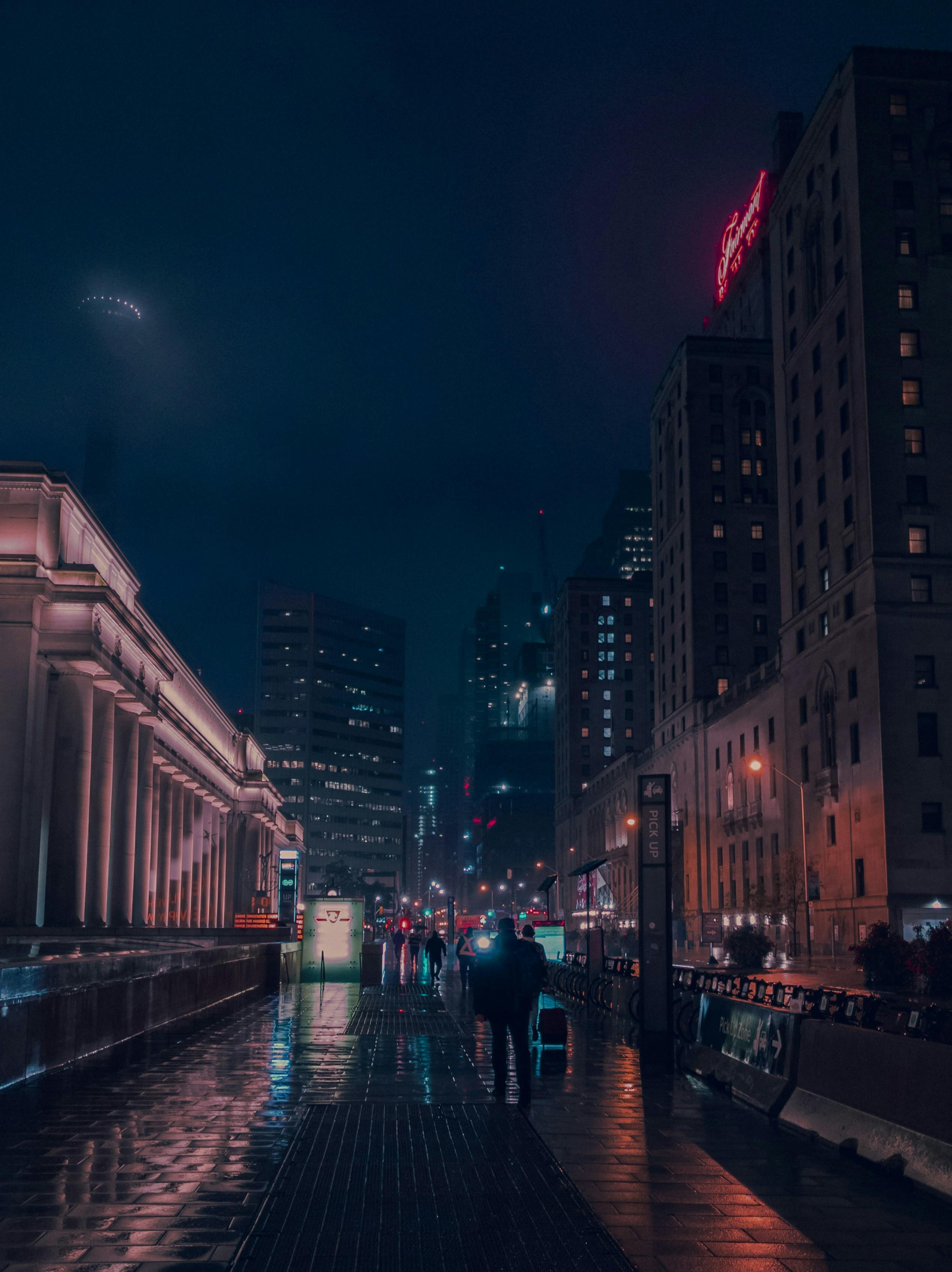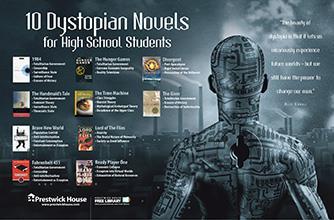In recent years, dystopian fiction has transcended its role as a mere escapist genre to become a mirror reflecting the complexities and anxieties of contemporary society. As political landscapes around the world become increasingly fraught with tension and uncertainty, dystopian narratives offer a critical lens through which we can examine the underlying fears and concerns that shape our reality. From Orwell’s totalitarian regimes to Atwood’s theocratic states, these imagined worlds resonate with readers by echoing the political turmoil and societal challenges of today. This article explores how dystopian fiction serves not only as a vehicle for storytelling but also as a powerful commentary on the political issues that define our era, prompting us to question, reflect, and, ultimately, engage with the world around us.
Examining Dystopian Narratives as Mirrors of Contemporary Political Issues
Dystopian fiction has long served as a powerful lens through which to examine and critique the socio-political landscape. These narratives often depict oppressive regimes, environmental degradation, and loss of individual freedoms, reflecting real-world anxieties and issues. By presenting exaggerated versions of potential futures, dystopian stories compel readers to confront the underlying problems in contemporary society. George Orwell’s “1984” and Margaret Atwood’s “The Handmaid’s Tale” are prime examples of how fiction can underscore the dangers of unchecked governmental power and the erosion of civil liberties.
As readers navigate these fictional worlds, they are prompted to draw parallels with their own experiences, sparking discussions about the implications of current policies and social trends. Key themes frequently explored in dystopian literature include:
- Surveillance and Privacy: Highlighting concerns over governmental and corporate monitoring.
- Authoritarianism: Examining the rise of autocratic leadership and its impact on personal freedoms.
- Environmental Catastrophes: Reflecting on the consequences of neglecting climate change.
- Social Stratification: Critiquing economic inequalities and systemic injustices.
By holding a mirror to the present, dystopian fiction challenges us to reconsider our political realities and inspires activism and change.
Analyzing the Impact of Dystopian Themes on Public Awareness and Discourse
In the landscape of contemporary literature and media, dystopian fiction has emerged as a powerful tool for reflecting and scrutinizing the political anxieties of our time. These narratives, often set in oppressive and nightmarish worlds, serve as exaggerated mirrors of our societal fears and concerns. By presenting extreme versions of governmental control, environmental degradation, and social stratification, dystopian stories can illuminate issues that might otherwise remain unexamined. As readers and viewers engage with these fictional worlds, they are prompted to draw parallels to their own realities, fostering a heightened awareness of political and social dynamics.
The impact of dystopian themes on public discourse is multifaceted. These narratives can:
- Encourage critical thinking by challenging audiences to question authority and the status quo.
- Highlight the consequences of unchecked power and the erosion of civil liberties.
- Stimulate discussions about the ethical implications of technological advancements.
- Raise awareness about environmental issues and the potential future impacts of climate change.
By engaging with dystopian fiction, individuals are not only entertained but also encouraged to reflect on the real-world implications of the themes explored, making it a potent medium for sparking meaningful dialogue and potential action.

Exploring the Influence of Dystopian Fiction on Political Activism and Policy Debate
Dystopian fiction has long served as a mirror reflecting society’s anxieties and potential future trajectories. As readers immerse themselves in these cautionary tales, they are prompted to draw parallels between the fictional worlds and their own realities. This genre’s ability to distill complex political issues into compelling narratives can spark discussions and even galvanize action. For instance, works like George Orwell’s “1984” and Margaret Atwood’s “The Handmaid’s Tale” have become cultural touchstones, frequently cited in debates over surveillance, privacy, and gender rights.
These narratives often highlight themes such as:
- Government surveillance: Prompting concerns over privacy and individual freedom.
- Social inequality: Drawing attention to class divides and systemic injustice.
- Environmental degradation: Raising awareness about the consequences of unchecked industrialization and climate change.
By presenting a speculative yet relatable vision of the future, dystopian fiction not only entertains but also educates and empowers its audience. Readers and viewers are encouraged to question current policies and consider the long-term implications of societal complacency. As these fictional narratives infiltrate public consciousness, they become a potent force in shaping political discourse and inspiring activism.

Recommendations for Leveraging Dystopian Literature in Addressing Political Challenges
Incorporating dystopian literature into the conversation about political challenges requires a strategic approach that maximizes its potential to provoke critical thought and discussion. Here are several recommendations:
- Curriculum Integration: Use dystopian novels as part of educational curricula to engage students in discussions about governance, societal norms, and ethical dilemmas. This can foster a deeper understanding of political systems and encourage critical thinking about current events.
- Public Discourse: Host community reading groups or public forums that focus on dystopian works. These gatherings can serve as platforms for discussing parallels between fictional worlds and real-world issues, offering fresh perspectives on complex political topics.
- Policy Analysis: Encourage policymakers and political analysts to draw lessons from dystopian narratives. By examining the societal breakdowns depicted in these stories, they can better anticipate potential pitfalls and develop more resilient policies.
- Artistic Expression: Inspire artists and writers to create new works that reflect contemporary political challenges through a dystopian lens. This can amplify marginalized voices and highlight underrepresented concerns in the political arena.
By thoughtfully leveraging dystopian literature, we can create a more informed and engaged citizenry capable of navigating the complexities of today’s political landscape.
Future Outlook
dystopian fiction serves as a compelling lens through which we can examine and critique contemporary political issues. By projecting current societal anxieties onto imagined futures, these narratives encourage readers to reflect on the trajectory of our world and the potential consequences of unchecked political and social developments. While these stories are often rooted in hyperbole, they underscore real and pressing concerns about authoritarianism, surveillance, inequality, and environmental degradation. As we navigate an increasingly complex global landscape, the value of dystopian fiction lies in its ability to provoke thought, inspire dialogue, and, ultimately, challenge us to envision and strive for a more equitable and just society. In this way, dystopian fiction remains not only a mirror of our fears but also a catalyst for change.
